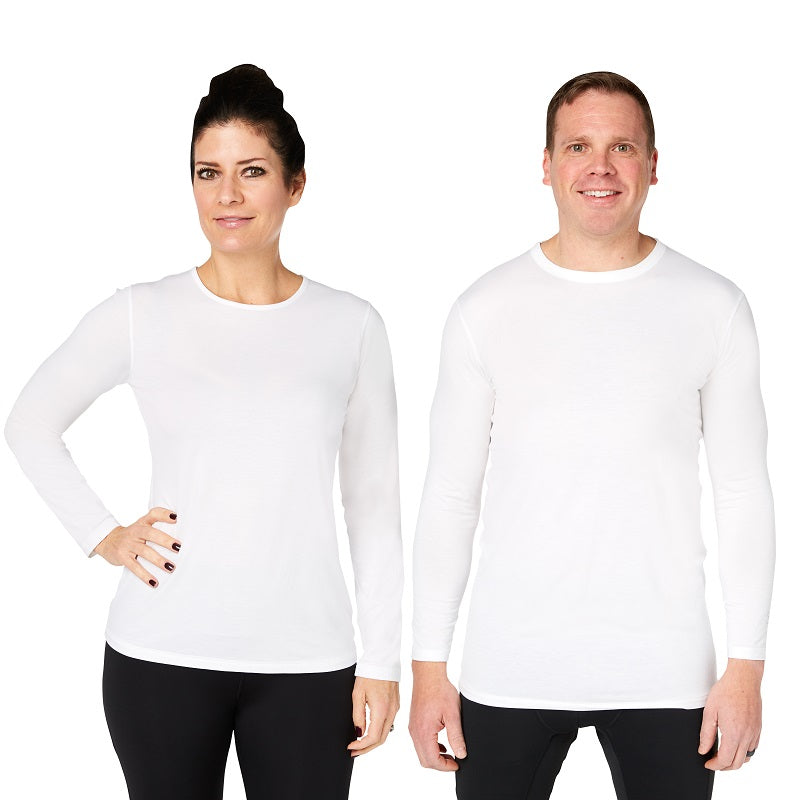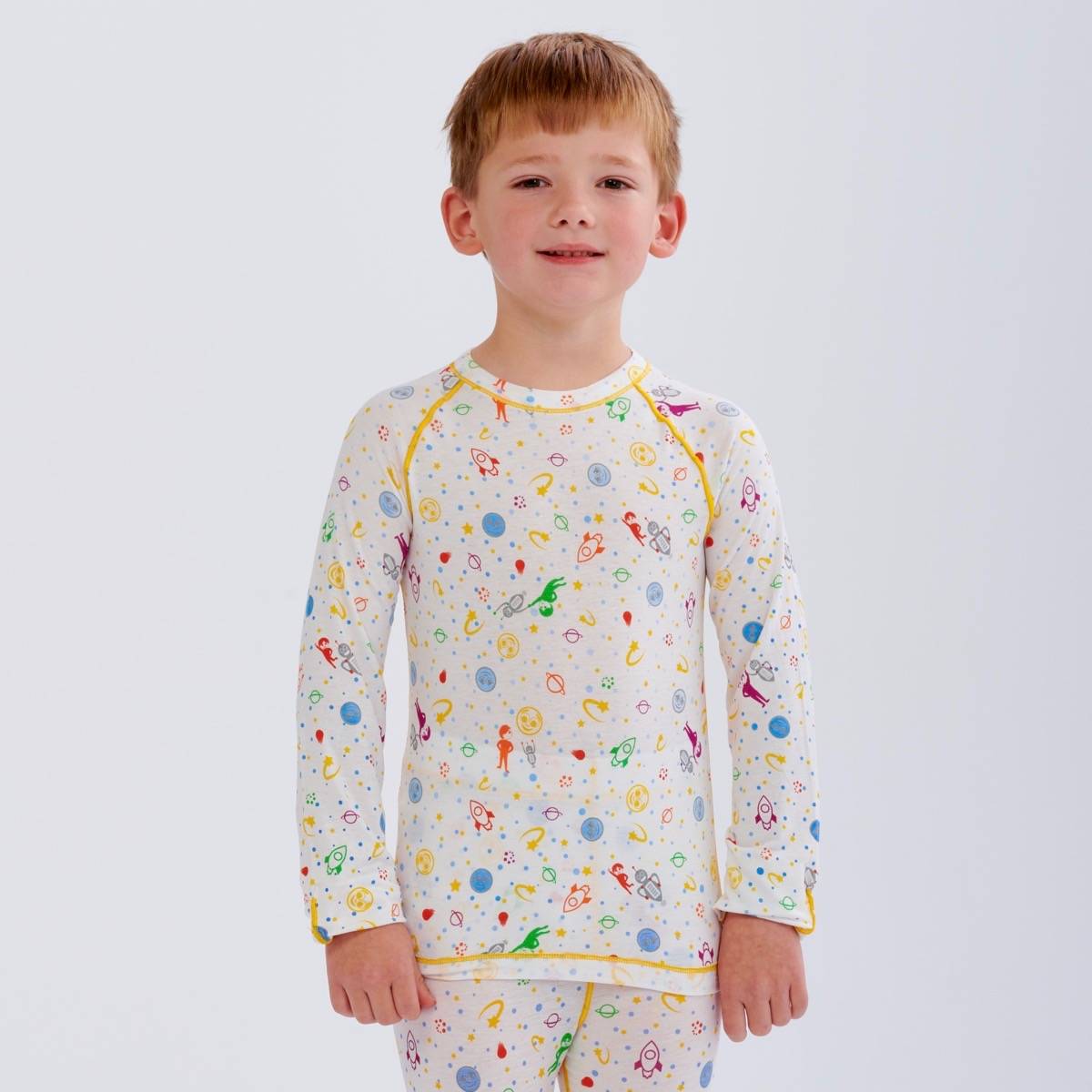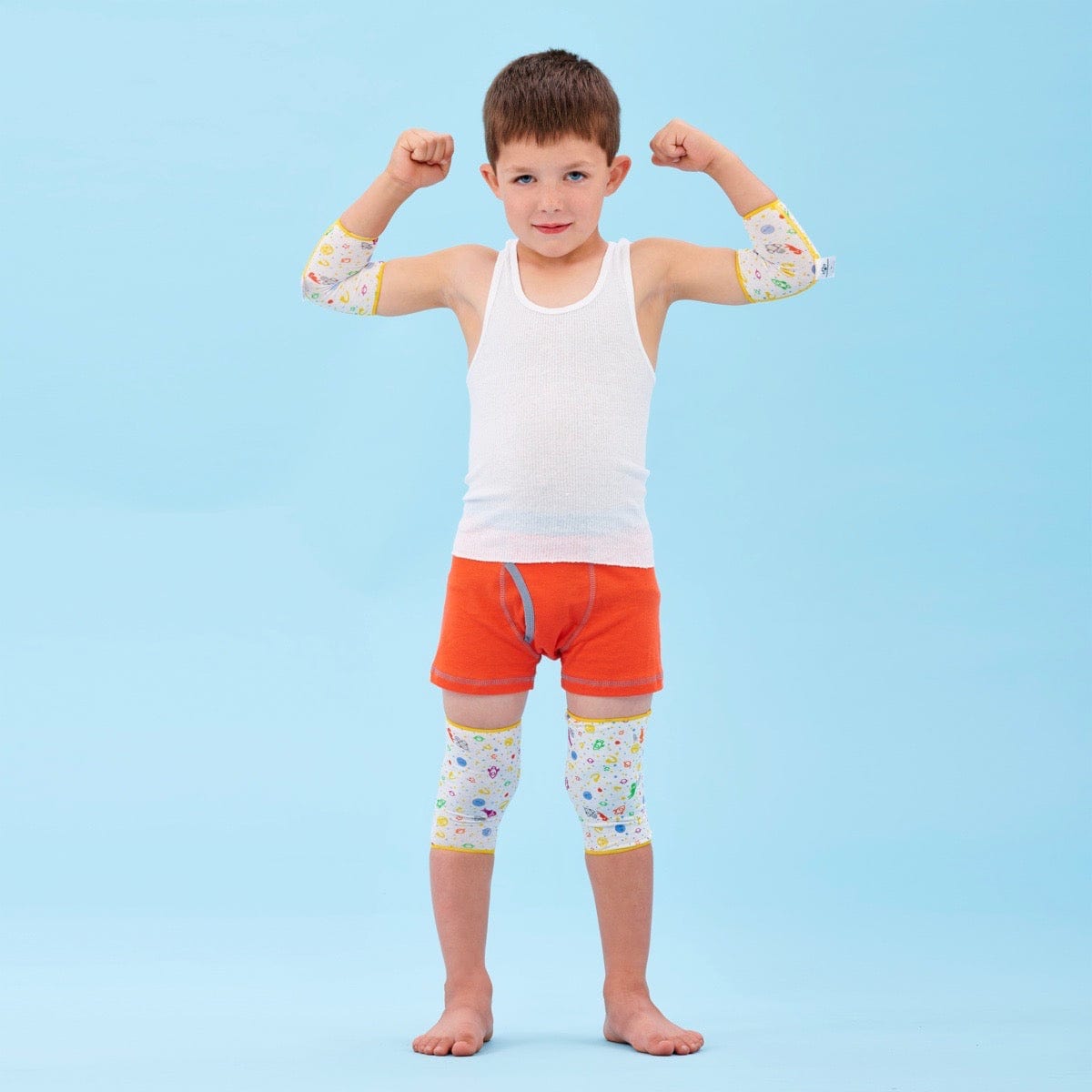You’ve recently noticed that your child has red, itchy rashes while you have seasonal allergies. Could there be a link between the two? As explained in this information from WebMD, studies show that if one or both parents have eczema, asthma, or seasonal allergies, their child is more likely to develop eczema. In turn, children with the condition may be more at risk for getting asthma, allergies, or both.
How Eczema and Allergies are Connected
Let’s start with eczema. This condition refers to a common skin disease called atopic dermatitis, which causes a dry, itchy, red rash. Today, nearly 31 million Americans suffer from AD-related symptoms. Those with eczema often point to the itching as the most frustrating symptom. Unfortunately, all that scratching can make things worse. Over time, one’s skin can become thick and dark as a result of the itching. While there may not be an exact cause of eczema, skin care experts have determined key factors that trigger flare-ups. They’ve found that those with eczema don’t produce as much fat and oils as others, meaning their skin retains less water. The skin becomes more sensitive to irritants that may include soaps, detergents, shampoos, and disinfectants. Be mindful that the skin can also be irritated by allergens such as pets, pollen, dandruff, dust mites, and mold.
Though the two may seem interchangeable, most types of eczema are not allergies. Should you find yourself around things or environments that cause an allergic reaction, the disease can flare up. At times, our bodies will overreact to substances, known as allergens, that are usually not dangerous. That is why we occasionally get hives, itching, swelling, sneezing, and a runny nose. Here are some of the more common allergens:
- Dust mites
- Pollen
- Pet dander
- Foods (dairy, in particular)
Causes of Eczema
There was a time when scientists thought that all types of eczema were caused by allergies. But now we know that it’s actually much more complicated. Here is what researchers have found of late:
- Genes - WebMD confirms that some children and adults with eczema have a gene flaw that causes a lack of a type of protein in their skin. The protein, called filaggrin, helps form the protective outer layer of skin and keeps out bacteria. A lack of this protein, however, dries out and weakens the skin barrier. This leaves the skin susceptible to irritants, including soaps and detergents. Vulnerable skin also makes it easier for allergens to get into the body.
- How the body reacts to allergens - Scientists have found that some folks with eczema may have a defect in their skin barrier. More specifically, small gaps in the skin make it dry out quickly and let germs/allergens invade the body. Allergens then come into the picture and force the body to make chemicals that lead to inflammation.
- Excess of antibodies - An antibody called Immunoglobulin E plays a significant role in the body’s allergic response. Note that people with eczema have higher-than-normal levels of IgE. The next step for scientists is to figure out why people with eczema make too much of this antibody and what role it may play in the overall condition.
How to Manage Eczema
Whether as an adult or child, it’s imperative to take control of your eczema symptoms. That means moisturizing daily, taking prescribed medication as directed, and maintaining any dietary restrictions. Here are some additional tips to prevent flare-ups:
- Keep an eczema journal - Half the battle of controlling flare-ups is knowing what caused them. Were you in a hot or humid environment, for example? It’s a good idea to write down where you were and what you were doing when symptoms flared up. This way, you can determine what might be triggering the symptoms.
- Stay away from irritants - Wool, soaps, detergents, perfumes, and chemicals all fall into this category. Be sure to take a long look at soaps you use in the shower or tub. Ideally, you should stick to ones that are free of fragrance.
- Avoid allergy triggers - These range from pollen and mold to pet dander and dust mites. To prevent eczema symptoms from surfacing, consider dust-proof mattresses and pillow covers, remove carpets, keep pets outside, and stay indoors when pollen counts are high.
Another idea for managing symptoms is wearing eczema clothing from Soothems. Made from innovative smart fabric, our therapeutic clothing for eczema can help those with, particularly sensitive skin. From comforting eczema sleeves to soothing eczema suits, our team provides a therapeutic solution to eczema.
Stay tuned to our next blog post.








Leave a comment
All comments are moderated before being published.
This site is protected by hCaptcha and the hCaptcha Privacy Policy and Terms of Service apply.